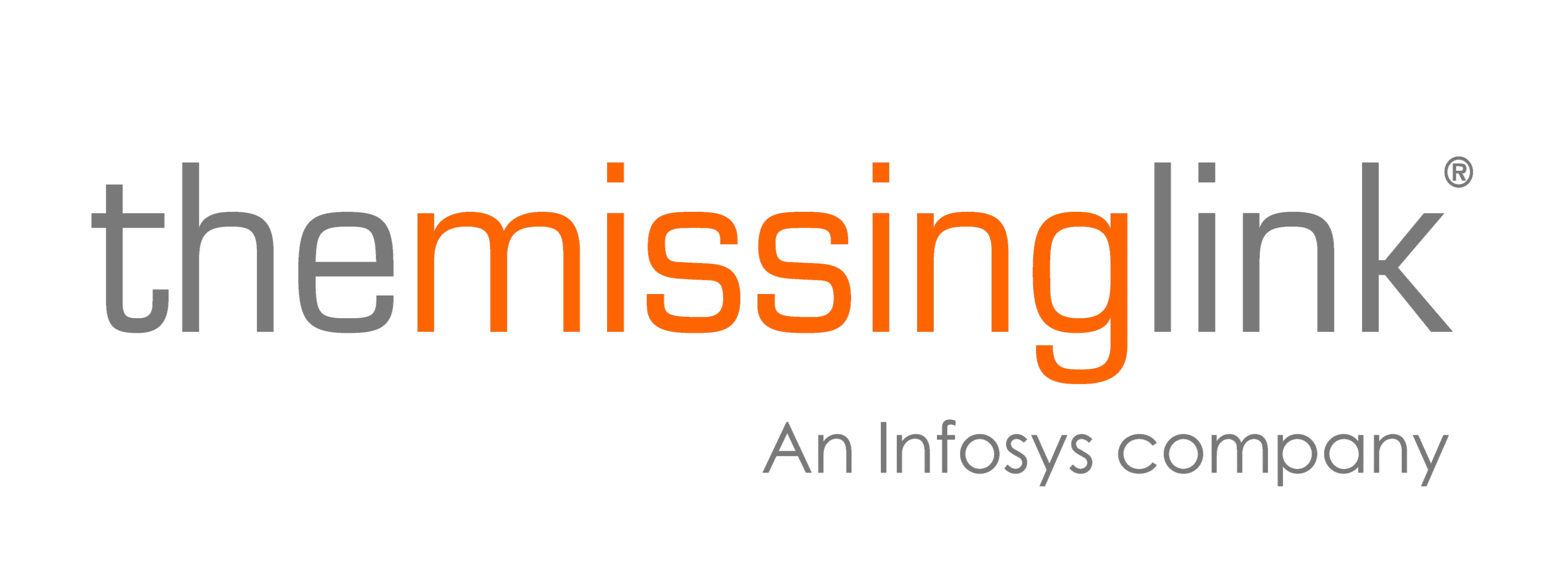Simon Sinek. What can I say… he’s an absolute force of nature, and I am a fangirl. I was so grateful for the opportunity to see him speak at Microsoft Inspire last year. He’s touring Australia soon this year, so I thought, why not share my experience and learnings from the event in the hope that it motivates someone else to go and see him live.
If you missed my previous blog about my trip to Las Vegas to Microsoft Inspire 2019, you could read it here. I spoke about my learnings, both professional and personal, and one area that I promised I’d go into more depth on was Simon Sinek and his fascinating keynote on The Infinite Game.
Simon’s book 'The Infinite Game' was published last year and it has set the business world on fire. His theory is that business leaders (and the organisations they’re running) were playing with a finite mindset while playing an infinite game.
As he states, in the infinite game business players come and go, the rules are changeable, and there is no defined endpoint. Businesses that fail to recognise this tend to lag behind in innovation, discretionary effort, morale and ultimately performance. “One is playing to win, the other is playing to keep playing” is a great way to sum up those who are playing the finite game and those who are not.
So what can be done to change your mindset and that of your peers to allow for stronger foundations for businesses, the creation of trust and the resilience to continue to operate in an ever-changing world?
Be obsessed with where you’re going and how you can help your clients, rather than how you can beat the competition because with the infinite game, you’re only competing against yourself.
I really loved how he explained the five items on his checklist that you need if you’re going to play the infinite game. And how he insisted that you must have all five ticked off if you want to avoid heading back into the finite game territory.
I’ve listed out my interpretation of his five below. I’ve noted these based on how I believe they translate for The Missing Link. Your experience might be different, and if so, I’d love for you to tell me about it.
1. Have a just cause
What is the reason behind your business’ existence? For us, it’s about being able to provide businesses of all sizes with solutions that give them world-class outcomes in IT, therefore enabling them to do better. That’s our purpose and the reason we all do what we do. We believe that we’re making a difference and that we’re working towards a just cause.
A just cause is a vision of the future that does not yet exist and it never will, because the goalposts are continually moving, achieving the cause is impossible as it’s a future ideal state. That doesn’t mean we give up. Instead, we continue to strive towards this just cause and use it to push us further.
2. Courageous leadership
This is hard to implement and maintain but results in much better outcomes in the long term. The goal is to leave the company/planet in better shape than when you entered it and I believe that this is something we should all strive to achieve.
To do this, your leaders* need to truly believe in the cause and your purpose, and at times this might entail doing the right thing in the long term, but potentially missing out on financial gains in the short term.
*In this case, we’re talking about leaders, not those who rank highest in a business. Leadership can (and should) come from all levels of an organisation. The leaders are the people we trust and choose to follow.
3. Trusting teams
Trust is so important! Team members need to have an environment where they feel like they can say they don’t know how to do something, when they have made a mistake, and when they are having problems at home. Doing so allows us to help them.
Not encouraging this kind of trust can otherwise lead to an environment of fear, hiding and lying – and how else would you expect scared employees to react? This is why we take pride in ensuring we train our leadership team to create an environment that is trusting and safe for everyone at The Missing Link.
4. Worthy rivals
Use the competition as an opportunity to look at their strengths and use that knowledge to improve our weaknesses. Accept that sometimes other people/companies are better than you, but use that as an incentive to try harder, learn more and be better.
In looking at competitors, Simon does remind us that with the infinite game there are no winners, so it doesn’t make sense to use language around beating the competition or winners and losers.
5. Existential flexibility
Simon explains this as the courage to blow up the business or change direction if required. This is so much bigger than the day-to-day flexibility we need to fulfil our roles on a regular basis.
This could entail making a dramatic shift in the way we operate in order to move in a completely different direction if that’s what we need to do to work towards our chosen cause or purpose.
Doing something different, something so outside the norm, can be incredibly intimidating (I bet your senior management team and board are terrified at the prospect), but it can also be a change for the better and that change could be exactly what your business needs to push itself to its limits and beyond.
Thank you Simon Sinek for helping me change my mindset and striving to play the infinite game.
If you liked this article, you may also like:
The Best of CES 2020
The Missing Link wins BSides Canberra '19
Our first underground Christmas Party
